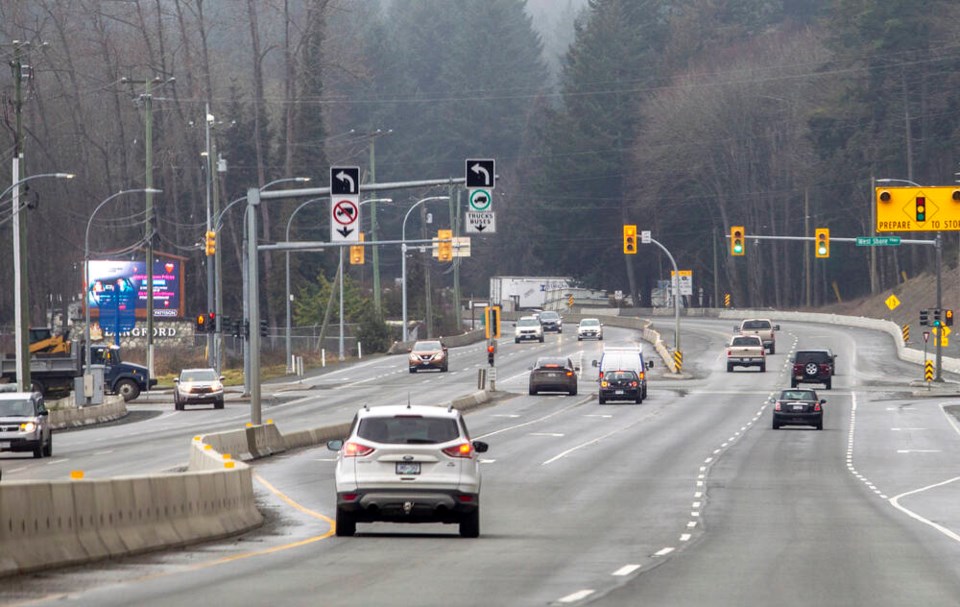There are prominent warnings on the government form that has to be filled in whenever a used vehicle changes hands in B.C.
Both the seller and the buyer have to certify that the price entered on the form is true.
To drive the point home there’s this alert: “The Ministry of Finance regularly audits vehicle transactions to verify the information provided. Any false information regarding the selling price or purchase price… or tax payable may result in fines and penalties.
“It is an offence under provincial consumption tax legislation to make false or deceptive statements to evade the payment of tax. A person who commits such an offence is liable to fines and/or imprisonment.”
Last month’s budget serves notice the government is going to take things a step further, starting in October. Not by increasing the fine or the auditing. Instead, the Finance Ministry will begin ignoring the disclosed price if it’s lower than the going rate. Any price that’s lower than commonly used year, make and model estimates used in the industry will be disregarded. The higher “black book” estimate of national averages will be used instead, in order to maximize the tax take.
Finance Minister Selina Robinson reassured everyone that most other provinces do the same thing. It is about “making sure that people are not undervaluing the car and using the loophole of just putting in a number that requires them to pay less.
“This is really about making sure everyone is following the rules, and this is something other provinces do.”
But it’s about a bit more than that. It’s about completely bypassing a number that a taxpayer certifies as true and substituting one that is more to the government’s liking.
If they can do it with cars, they can contemplate it in other areas.
The audit that the government warns buyers about is supposed to be the way the government makes sure everyone is following the rules. The change suggests it either isn’t working, or is an empty threat. The ministry estimates the change will bring in $30 million more a year, because private sale prices are always significantly below market value.
Opposition Liberals tagged the item on budget day and have returned to it a few times since then. It looks like they’re going to nurse a grudge against the arbitrary new measure for a while just to see where it goes.
The budget itself suggests there is some potential in that. It acknowledged “individuals involved in private vehicle transactions are more likely to be low to medium income… living in a rural area.”
Those aren’t the kind of people governments usually target for tax grabs. There’s also a contrast between two different types of vehicle buyers. That rural, lower- income group is facing a used vehicle-related tax hike. Buyers of new zero-emission vehicles, who are generally in the $150,000-plus a year bracket, get tax breaks.
Peace River South Liberal MLA Mike Bernier landed on the matter this week. He gave a down-home example of how unfair it might be. Someone buys a rusty old high-mileage pickup truck for $300, maybe a young person’s first vehicle in which they can learn to drive.
But if the book value is higher, the Finance Ministry will substitute that figure in, and the tax bill will be higher. “According to the NDP, this is now tax evasion. They’re basically being called criminals by this government for getting a deal.”
Another example supplied from a real listing involves an eight-year-old minivan worth $12,500 by the book. A buyer who gets it for $10,000 would pay $700 in provincial sales taxes based on the seven per cent rate.
When the new measure takes effect, the tax will be on the $12,500 book value, regardless of the actual sale price. So the tax take will be $175 higher.
Buyers will be taxed on the savings they made through bargaining, on top of the actual price. If they want to contest it they will have to buy an appraisal.
NDP backbenchers have joined Robinson in defending the change, saying it will fight fraudulent tax evasion. It may do that, but assuming everyone is lying is a dismissive, insulting way of going about it.



